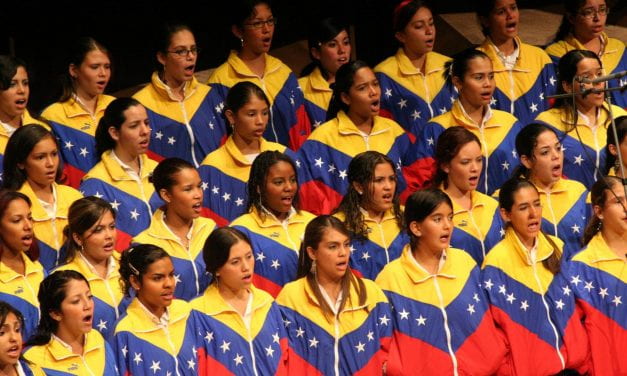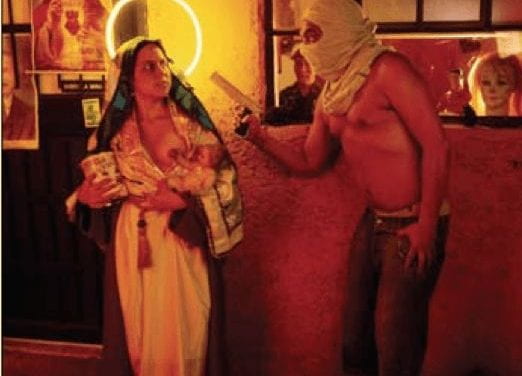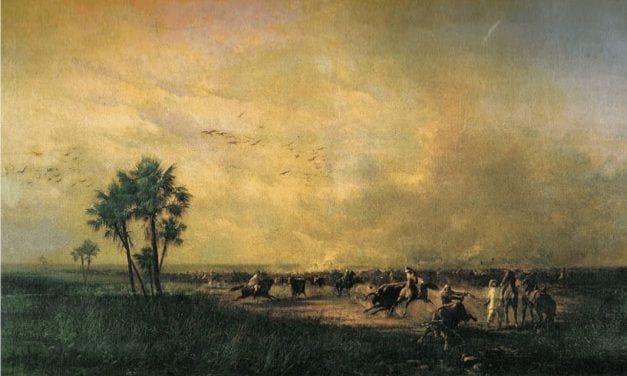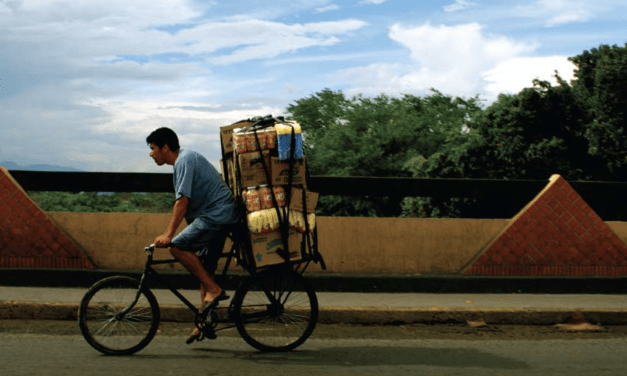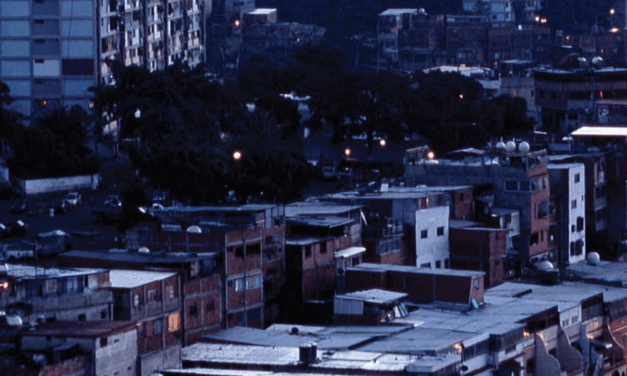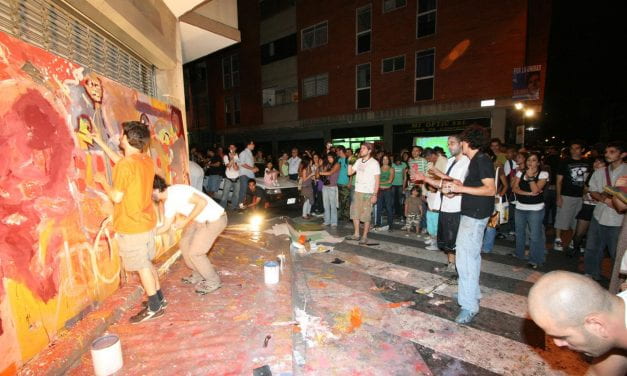The Power of Music: Venezuelan Seeds in Boston
At the New England Conservatory of Music (NEC), I have had the wonderful opportunity to complete a concentration in Music-in-Education. During my first internship I worked on a research project that involved observations and surveys of children, teachers, and parents from two schools in Venezuela that place music at the core of their curriculum. The results were amazing; the participants reported overwhelmingly that the …

